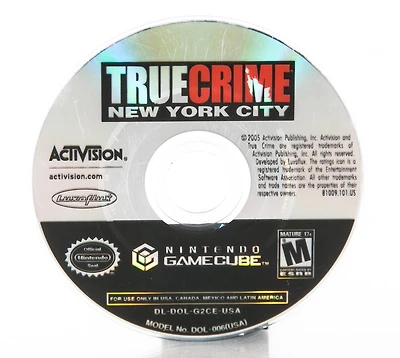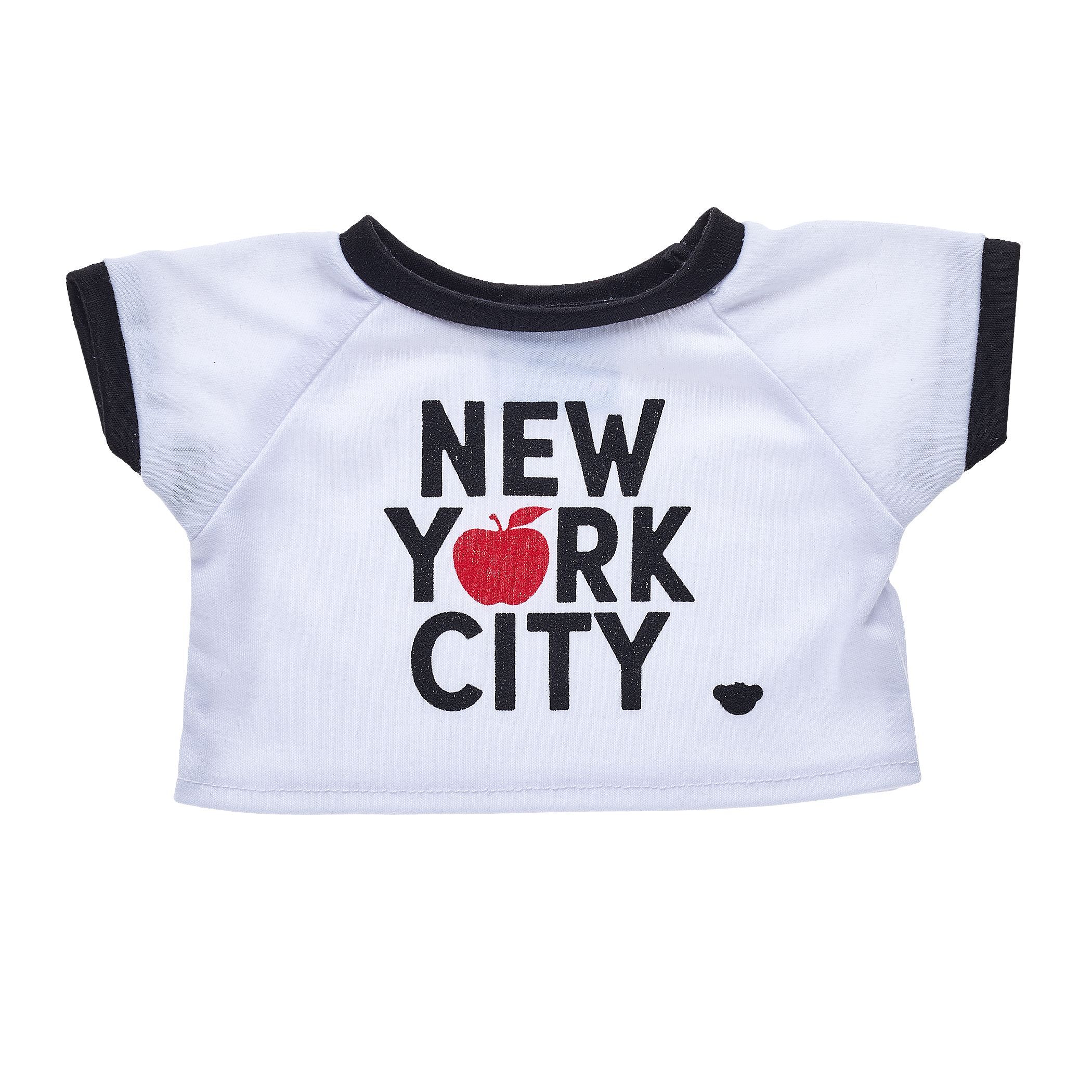Home
the Taking of New York City: Crime on Screen and Streets Big Apple 1970s
Barnes and Noble
Loading Inventory...
the Taking of New York City: Crime on Screen and Streets Big Apple 1970s in Franklin, TN
Current price: $36.95

Barnes and Noble
the Taking of New York City: Crime on Screen and Streets Big Apple 1970s in Franklin, TN
Current price: $36.95
Loading Inventory...
Size: Hardcover
For a time in the 1970s, New York City seemed to many to be genuinely on the cusp of collapse. Plagued by rampant crime, graft, catastrophic finances, and crumbling infrastructure, it served as a symbol for the plight of American cities after the convulsions of the 1960s. This tale of urban blight was reinforced wherever one looked—whether in the news media (memorably captured in the infamous
New York Daily News
headline “Ford to City: Drop Dead”) or the countless movies that evoked the era’s uniquely gritty sense of dread.
The Taking of New York City
is a history of both New York and some of the decade’s most definitive films, including
The French Connection
(1971), the first two
Godfather
movies (1972 & 1974),
Taxi Driver
(1976),
Serpico
(1973),
Dog Day Afternoon
(1975), and many more. It was also an era in which the city wrestled with the racial tensions still threatening the tear the nation apart, never more so than in “Blaxploitation” classics such as
Shaft
(1971) and
Super Fly
(1972). These films depicted the city that never sleeps as a grim, violent place overridden with muggers, pimps, and killers. Projected at drive-ins and inside their local movie houses, rural America saw New York as a nightmare: a vile dystopia where the innocent couldn't rely on the local law enforcement, who were seemingly all on the take. If one took Hollywood's word for it, the only way a person was able to find justice in 1970s New York City was by grabbing a gun and meting it out themselves.
Author Andrew Rausch meticulously separates fact and fiction in this illuminating book. Attentive to the ways that New York’s problems were exaggerated or misrepresented, it also gives an unvarnished look at just how bad things could get in the “Rotten Apple”—and how movies told that story to the country and the world.
New York Daily News
headline “Ford to City: Drop Dead”) or the countless movies that evoked the era’s uniquely gritty sense of dread.
The Taking of New York City
is a history of both New York and some of the decade’s most definitive films, including
The French Connection
(1971), the first two
Godfather
movies (1972 & 1974),
Taxi Driver
(1976),
Serpico
(1973),
Dog Day Afternoon
(1975), and many more. It was also an era in which the city wrestled with the racial tensions still threatening the tear the nation apart, never more so than in “Blaxploitation” classics such as
Shaft
(1971) and
Super Fly
(1972). These films depicted the city that never sleeps as a grim, violent place overridden with muggers, pimps, and killers. Projected at drive-ins and inside their local movie houses, rural America saw New York as a nightmare: a vile dystopia where the innocent couldn't rely on the local law enforcement, who were seemingly all on the take. If one took Hollywood's word for it, the only way a person was able to find justice in 1970s New York City was by grabbing a gun and meting it out themselves.
Author Andrew Rausch meticulously separates fact and fiction in this illuminating book. Attentive to the ways that New York’s problems were exaggerated or misrepresented, it also gives an unvarnished look at just how bad things could get in the “Rotten Apple”—and how movies told that story to the country and the world.
For a time in the 1970s, New York City seemed to many to be genuinely on the cusp of collapse. Plagued by rampant crime, graft, catastrophic finances, and crumbling infrastructure, it served as a symbol for the plight of American cities after the convulsions of the 1960s. This tale of urban blight was reinforced wherever one looked—whether in the news media (memorably captured in the infamous
New York Daily News
headline “Ford to City: Drop Dead”) or the countless movies that evoked the era’s uniquely gritty sense of dread.
The Taking of New York City
is a history of both New York and some of the decade’s most definitive films, including
The French Connection
(1971), the first two
Godfather
movies (1972 & 1974),
Taxi Driver
(1976),
Serpico
(1973),
Dog Day Afternoon
(1975), and many more. It was also an era in which the city wrestled with the racial tensions still threatening the tear the nation apart, never more so than in “Blaxploitation” classics such as
Shaft
(1971) and
Super Fly
(1972). These films depicted the city that never sleeps as a grim, violent place overridden with muggers, pimps, and killers. Projected at drive-ins and inside their local movie houses, rural America saw New York as a nightmare: a vile dystopia where the innocent couldn't rely on the local law enforcement, who were seemingly all on the take. If one took Hollywood's word for it, the only way a person was able to find justice in 1970s New York City was by grabbing a gun and meting it out themselves.
Author Andrew Rausch meticulously separates fact and fiction in this illuminating book. Attentive to the ways that New York’s problems were exaggerated or misrepresented, it also gives an unvarnished look at just how bad things could get in the “Rotten Apple”—and how movies told that story to the country and the world.
New York Daily News
headline “Ford to City: Drop Dead”) or the countless movies that evoked the era’s uniquely gritty sense of dread.
The Taking of New York City
is a history of both New York and some of the decade’s most definitive films, including
The French Connection
(1971), the first two
Godfather
movies (1972 & 1974),
Taxi Driver
(1976),
Serpico
(1973),
Dog Day Afternoon
(1975), and many more. It was also an era in which the city wrestled with the racial tensions still threatening the tear the nation apart, never more so than in “Blaxploitation” classics such as
Shaft
(1971) and
Super Fly
(1972). These films depicted the city that never sleeps as a grim, violent place overridden with muggers, pimps, and killers. Projected at drive-ins and inside their local movie houses, rural America saw New York as a nightmare: a vile dystopia where the innocent couldn't rely on the local law enforcement, who were seemingly all on the take. If one took Hollywood's word for it, the only way a person was able to find justice in 1970s New York City was by grabbing a gun and meting it out themselves.
Author Andrew Rausch meticulously separates fact and fiction in this illuminating book. Attentive to the ways that New York’s problems were exaggerated or misrepresented, it also gives an unvarnished look at just how bad things could get in the “Rotten Apple”—and how movies told that story to the country and the world.

















